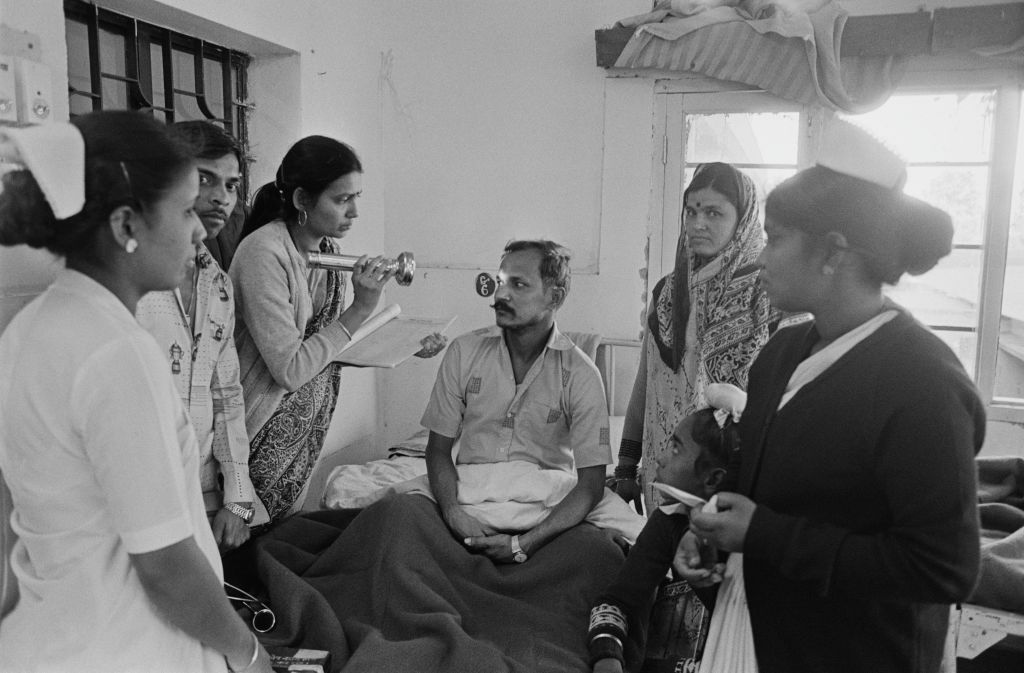The Bhopal Gas Tragedy, one of the world’s worst industrial disasters, occurred on the night of December 2-3, 1984, when toxic methyl isocyanate gas leaked from the Union Carbide India Limited (UCIL) plant in Bhopal. The gas, used for making pesticides, claimed thousands of lives, left many permanently sick or disabled, and caused widespread environmental devastation.
The leak affected a quarter of Bhopal’s population. While official death tolls range between 4,000 and 5,000, independent estimates suggest that 25,000 to 30,000 people may have died as a result of the disaster. The environmental impact was equally severe, contaminating the area in the vicinity of the plant.
Recalling that dreadful night, Padma Shri awardee and famous writer Manzoor Ehtesham once said, “I still remember everything at the time, the situation in Bhopal was chaotic. Thousands of people were hospitalized, and the immediate aftermath was marked by confusion and a lack of effective response.
The legal battles over the tragedy have spanned decades. In 2001, Dow Chemical Company acquired Union Carbide Corporation (UCC) as a wholly-owned subsidiary, but Dow claimed it bore no responsibility for the tragedy, as UCC was a separate entity at the time of the disaster. This argument has complicated the victims’ pursuit of justice, leaving many feeling abandoned by both the company and the government.
40 Years Later: The Ongoing Fight for Justice and Environmental Restoration
Four decades later, the effects of the tragedy still loom over the people of Bhopal. Despite several court orders, hundreds of tonnes of toxic waste remain at the UCIL site. A 2010 government study revealed that, in addition to the 337 tonnes of toxic waste, 1.1 million tonnes of soil is contaminated, and groundwater in the area is laced with toxic substances and heavy metals. The long-term environmental contamination continues to compromise the health of Bhopal residents.
Author Ingrid Eckerman in his book The Bhopal Saga recounts a victim’s harrowing words:“Death would have been a great relief. It’s worse to be a survivor”.
With little closure in sight, thousands of survivors still suffer from inadequate healthcare. Organizations advocating for gas victims’ welfare have long demanded the removal of toxic waste from the UCIL site, but the issue remains unresolved. Numerous petitions for the safe disposal of hazardous materials are still pending in the High Court and the Supreme Court, as victims continue to wait for justice and healing.














